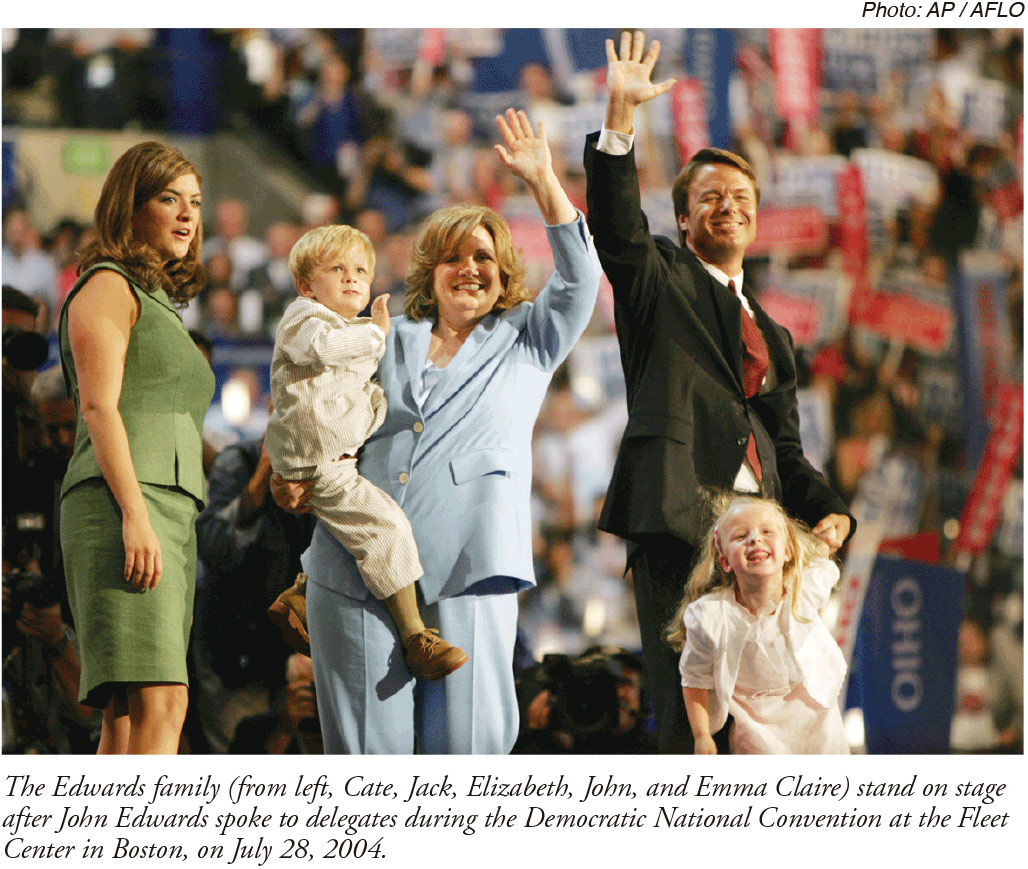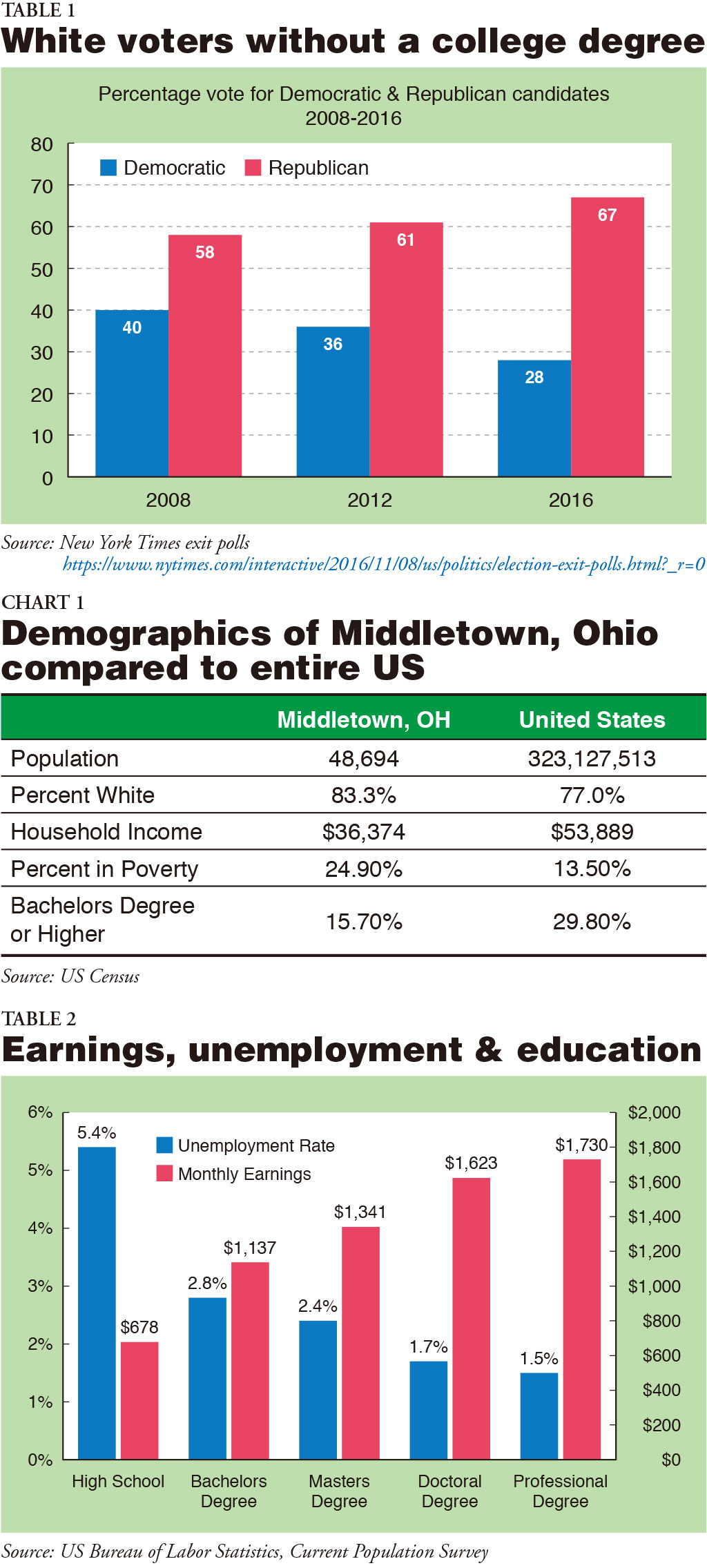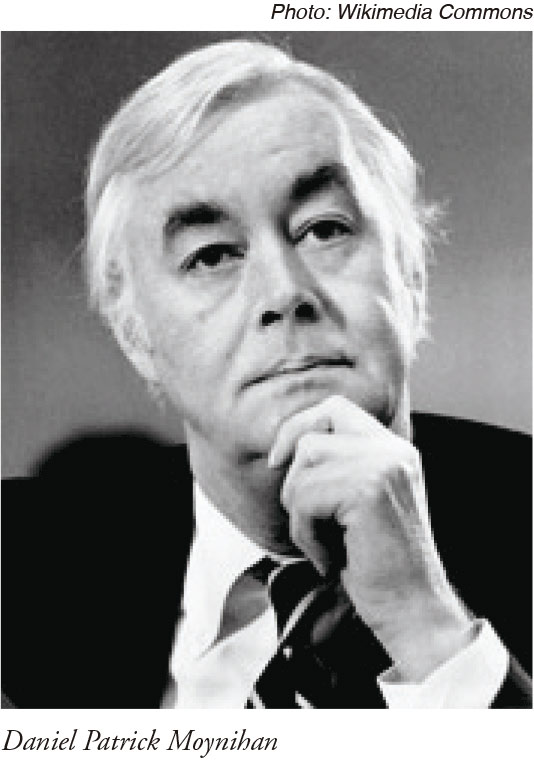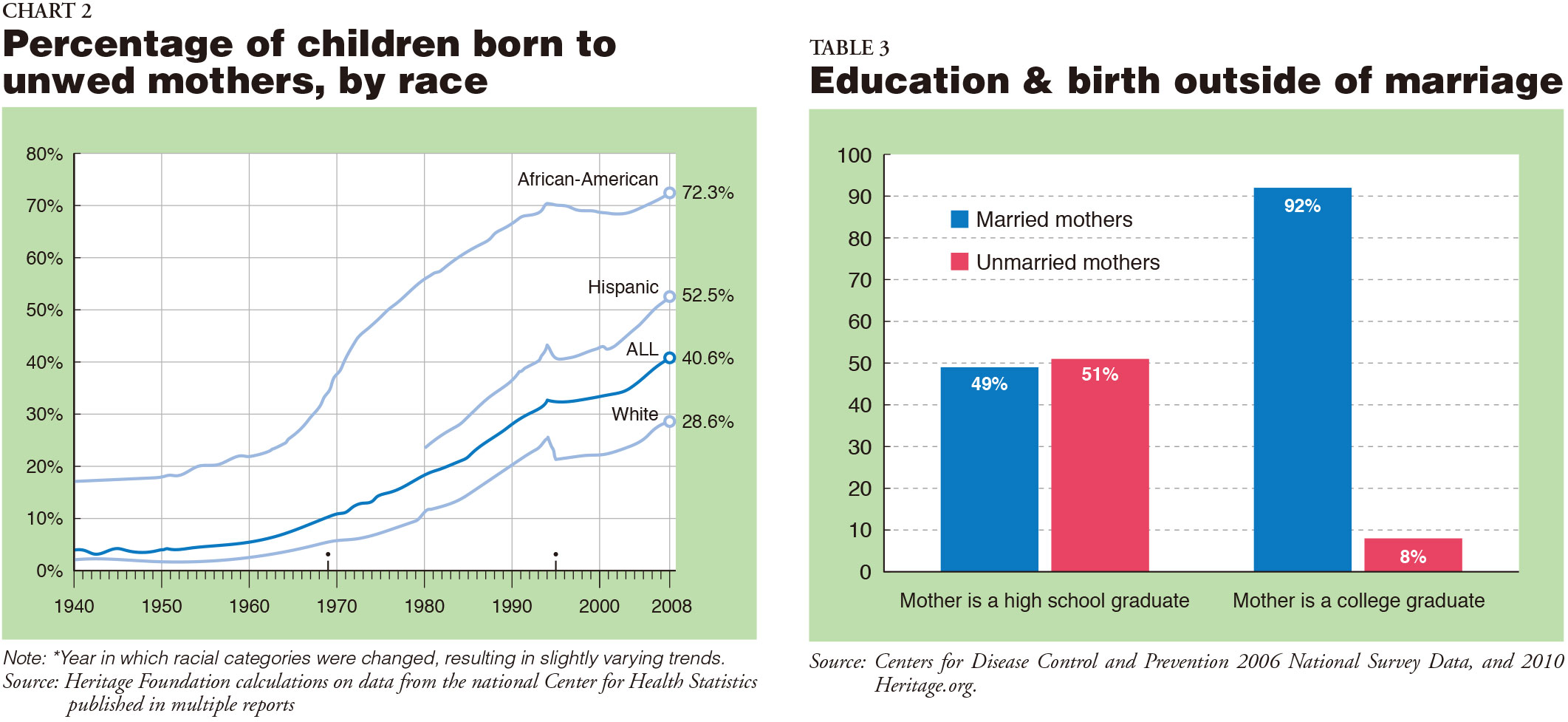HOME > Japan SPOTLIGHT > Article
J.D. Vance's Hillbilly Elegy & the "Two Americas"
By Paul Sracic
The "Two Americas" & the 2016 US Election
In 2004, the US Democratic Party's nominee for president, John Kerry, selected John Edwards, a one-term Senator from North Carolina, as his running mate. Edwards' acceptance speech at the Democratic National Convention was overshadowed by the keynote address delivered days earlier, by a then little known state senator from Illinois, Barack Obama. That speech helped to launch Obama's meteoric political ascent that would culminate in his victory in the 2008 presidential race. Now that Obama has left office, however, it is Edwards' speech that may end up undermining his legacy.

Edwards argued that "there [were] two different Americas, one for all of those people who have lived the American dream and don't have to worry, and another for most Americans, everybody else who struggles to make ends meet every single day." Four years later, that theme would allow Edwards to achieve a second-place finish in the Iowa Democratic Caucuses, ahead of Hillary Clinton - at the time, the presumed frontrunner - but again overshadowed by Barack Obama, who came in first.
Edwards stressed divisions, while Obama emphasized unity. This was even true back at the 2004 Convention when, in contrast to Edwards' "Two Americas", Obama's speech criticized "pundits" for wanting to "slice and dice [the United States] into red states and blue states". Eight years of an Obama presidency, however, never really achieved that unity, at least not in the economic or racial spheres. In 2016, Donald Trump was able to take advantage of the divisions that remained with great success. This brings us to J.D. Vance's Hillbilly Elegy (Harper, 2016), a book that has won praise across the political spectrum in the United States and abroad (The Economist called it "the year's most important book about America"). The book has drawn so much attention because it speaks to the depth and complexity of the economic and cultural differences that divide America. At the same time, it raises important questions about whether and how these "Two Americas" can ever come together.
The White Working Class
Vance's book is billed as a memoir, something he admits in the preface to finding somewhat odd, since he was only 31 years old at the time the book was published. Moreover, before he wrote Hillbilly Elegy, Vance was not famous. So why would anyone want to read a story about his life? What is clear from the very beginning of the book, however, is that Vance is not just telling a story about his own experiences: he is seeking to explain an entire socio-economic class. The class he is describing - the "white working class" - helped to install Donald Trump as the 45th president of the US. The election results were surprising to nearly everyone, and not just because the polls, or at least the state polls, predicted a different result. Also surprising was the overwhelming support that Trump received from white voters without a college degree. Although these voters had been trending towards the Republican Party for several election cycles, Trump's ability to capture two out of every three of their votes provided the margin that he needed to defeat Hillary Clinton in the swing states of Ohio, Pennsylvania, Wisconsin, and Michigan (Table 1).

Many of these voters lived in places like Middletown, Ohio, the small city where Vance grew up. The population of New Middletown is predominantly white and overwhelmingly undereducated. Less than 16% of those living in Middletown have earned a Bachelor's degree, less than half of the average for the US as a whole. The percentage of those living in poverty in Middletown is also nearly twice as large as the average in the US (Chart 1).
The situation in Middletown is not unusual. In economic terms, those who never complete college in the US do live in a different America from those who have earned a college degree. Their unemployment rate is, for example, nearly twice as high as those who are college graduates, and when they do find work their wages are lower (Table 2). As Vance describes his neighbors and family, they are angry, pessimistic, and convinced that the system is rigged against them. So why did they support Trump? Vance makes it clear that his family, like many working class people, considered themselves to be Democrats. This is because, in the words of Vance's grandmother, Democrats were the "party of the working man". Indeed, that these working-class Democrats would support a billionaire real estate developer running as a Republican was even more unusual. Again, Vance quotes his grandmother as saying "not all rich people are evil, but all evil people are rich."
Middletown & President Trump
Hillbilly Elegy was published before the election results were in, so Vance understandably never directly addresses, or actually even mentions, the appeal of Trump in Middletown. But there are hints. First, Vance details the distrust that his family and friends have for nearly everyone, but especially politicians and the press. "They're all a bunch of crooks," says his grandmother.
The obvious antipathy the press displayed towards Trump, along with the fact that he was not a politician, likely helped him in Middletown. Also - and this is easy to miss - when Vance quotes family members he betrays a factor that might have worked in Trump's favor: the language used by Vance's relatives is impolite and often obscene. To his credit, Vance does not edit out the strong language. The people of Middletown are anything but "politically correct". It is likely that they found Trump's crude language a sign of his authenticity. There is one more thing, however, hidden in Vance's memoir. It involves the local steel company, Armco Steel. When talking about his grandfather, who worked at Armco, Vance points to the job security and good middle-class wages that the company provided. He also describes the generosity of Armco towards the residents of the city, "funding scholarships, building parks, and throwing free concerts". In places like Middletown, successful businesses were not necessarily seen as greedy and evil. A well-run, profitable company took care of an entire town. So Trump's business credentials would give him credibility in a place like Middletown. Trump's promise to "bring back manufacturing jobs to the United States", perhaps to companies like Armco (now called AK Steel Holdings), would not only resonate with but sound realistic to Middletown voters.
A Tale of Family Decay
It would be a mistake to come away with the impression that Hillbilly Elegy is a book about economics and politics. Although it necessarily touches on both subjects, it is mainly about culture. Indeed, the subtitle of the book is "A Memoir of a Family and Culture in Crisis". Most of the book consists of a narrative account of Vance's family life.
Vance's older sister was born shortly after his mother graduated from high school. His mother would later become addicted to prescription narcotics. This, of course, is a story that is replicated over and over in the parts of the US that have suffered from deindustrialization, as prescription opiate addiction runs rampant. One of the most painful scenes recounted in the book is when, as a young man, his mother insists that he provide to her a urine sample to substitute for her own, so that she can pass a drug screening required for her continued employment.
Young Vance does find nurturing from his grandparents, "Mamaw" and "Papaw". His grandfather, a reformed and formerly violent alcoholic, works on mathematics problems with Vance every evening after school. Vance's most important role model, however, seems to be his grandmother. Mamaw, as he calls her, is a character difficult to describe. She is crude, and clearly has a violent streak, but the reader comes away feeling that beneath it all she has a good heart. Vance describes her as a "pistol packing lunatic" who, at 12 years of age, shot at and wounded a thief attempting to steal the family cow. Yet he also shares that she dreamed of being a children's attorney, although since she had left school before she was a teenager there was never any chance for her to accomplish this goal. In the end, though, it was her intervention that likely saved Vance. She gave him the one thing that he craved: a stable home. Prior to going to live with his grandmother, here is how Vance describes his life:
In the middle of third grade, we left Middletown and my grandparents to live in Preble County with Bob; at the end of fourth grade, we left Preble County to live in a Middletown duplex on the 200 block of McKinley Street; at the end of fifth grade, we left the 200 block of McKinley Street to move to the 300 block of McKinley Street, and by that time Chip was a regular in our home, though he never lived with us; at the end of sixth grade, we remained on the 300 block of McKinley Street, but Chip had been replaced by Steve... at the end of seventh grade, Matt had taken Steve's place, Mom was preparing to move in with Matt, and Mom hoped that I would join her in Dayton... at the end of ninth grade, I moved in with Ken - a complete stranger - and his three kids. On top of all that were the drugs, the domestic violence case, children's services prying into our lives, and Papaw [his grandfather] dying.
Starting in the 10th grade, though, Vance moved in permanently with his grandmother. Here is how Vance describes the transformation:
I'm sure that a sociologist and a psychologist, sitting in a room together, could explain why I lost interest in drugs, why my grades improved, why I aced the SAT [Scholastic Achievement Test used as the standard college entrance requirement in the US], and why I found a couple of teachers who inspired me to love learning. But what I remembered most of all is that I was happy - I no longer feared the school bell at the end of the day...
Entering military service with the US Marine Corps was also important. It gave him self-discipline and confidence, while also exposing him to the world. He was sent to Iraq, but did not engage in combat. Instead, he went on civil affairs missions. It was on one such mission that Vance describes experiencing a particularly important and, in his words, "transformational" event. He was visiting an Iraqi school, and giving out small school supplies to the students. He presented a small, inexpensive pencil eraser to a young boy. The boy was thrilled to receive the tiny gift. "I began to appreciate," writes Vance, "how lucky I was: born in the greatest county on earth."
Perhaps this event in Iraq inspired him to write the book. The episode, however, also allows him to transition into another truth about Middletown, and for the reader, another clue as to why Trump, whose campaign theme was "Make America Great Again", was such an attractive candidate to white working-class voters like those in Middletown. Despite their hardships, the people of Middletown are intensely patriotic. Vance explains that his grandmother had "two gods: Jesus Christ and the United States of America". But Vance also notices that they were losing their faith in America. It was not just the failed wars in the Middle East and their own difficult economic circumstances - President Obama was also seen as a problem. Obama, writes Vance, "[felt] like an alien to many Middletonians for reasons that have nothing to do with skin color... He is brilliant, wealthy, and speaks like a constitutional law professor... Nothing about him bears any resemblance to the people I admired growing up."
So we again have the Two Americas. Vance leaves no doubt, however, about which he prefers. He points out that what we might call elite culture is more stable and more healthy than the one in which he grew up. It also quite naturally leads to more economic success.
One of his most interesting observations is about religion. He questions the supposed religiosity of those in the Midwest. His argument is that, in his experience, his friends and neighbors claimed to go to church much more often than they actually attended services. This is unfortunate, Vance thinks, because religion can provide the structure, values, and self-discipline that are needed for success.
The Culture of Poverty
In many ways, Vance's argument that there is a connection between cultural mores and economic achievement is nothing new. In 1965 Daniel Patrick Moynihan, later US ambassador to the United Nations and a senator from New York, but then a fairly unknown assistant secretary of labor in the administration of President Lyndon Johnson, set out to try to explain the poor economic conditions suffered by African Americans. He produced a controversial 78-page report entitled The Negro Family: The Case for National Action (often referred to as The Moynihan Report, it can be accessed at http://web.stanford.edu/~mrosenfe/Moynihan's%20The%20Negro%20Family.pdf).

In the opening section of the report, Moynihan summarized his conclusions, writing:
The fundamental problem... is that of family structure. The evidence... is that the Negro family in the urban ghettos is crumbling. A middle-class group has managed to save itself, but for the vast numbers of the unskilled, poorly educated city working class the fabric of conventional social relationships has all but disintegrated... So long as this situation persists, the cycle of poverty and disadvantage will continue to repeat itself.
When Moynihan drafted his report, about one in four African-American children were born out of wedlock. Today, unfortunately, that figure is closer to three in four. White children, however, are now in much the same situation as Black families back in 1965. Since unmarried births are something of a rarity among women with a college degree, most of the growth among whites is likely to have occurred among those without a college degree (Chart 2 & Table 3). The situation that Vance found himself in growing up would not have surprised Moynihan. Just as was the case for Moynihan, however, the solutions are more elusive.

Hillbilly Hopelessness
When he talks about Middletown, Vance points out that "as a culture, we had no heroes." Leaders - elites - were thought to only be interested in maintaining a fundamentally unfair system from which they benefited. The problem with this understanding, according to Vance, is that it breeds irresponsibility. If someone fails, it is not his or her fault. The system, after all, is tilted against them. This leads to a sense of hopelessness. Vance notices that those whom he knows in Middletown think that, in order to get ahead, you have to be born either rich or exceptionally smart. Apparently hard work doesn't play much of a role. Curiously enough, although Vance criticizes this outlook, some of his experiences seem to validate the suspicions of Middletonians. He is obviously one of those who is "exceptionally smart". His grades and test scores, after all, allowed him to be admitted to Yale Law School.
When he gets to Yale, however, he is looked down on by at least one of his professors because he went to a state university. Once he proves himself at Yale, however, the system, in a way, becomes rigged for him. At Yale he enters the insiders' network. His professors are legal celebrities. One of his mentors is Amy Chua, who wrote the bestselling book Battle Hymn of the Tiger Mother (2011). They help him to network in a way unimaginable for his neighbors back in Middletown. Even so, he describes the challenge of trying to fit in - of passing what he calls the "social test" during interviews with top law firms. There are still "two Americas" and though he has been admitted into the other side, there remains a part of him that is a cultural alien.
Unanswered Questions
In the end, Vance's book raises more questions than it answers. He seems to think, for example, that the problems experienced by those in the town in which he grew up are somehow linked to Scots-Irish culture. Yet the mill towns that have born the brunt of urban deindustrialization and where so many of these working-class voters who supported Trump live, contain not only those of Scots-Irish backgrounds, but also many who trace their roots back to Eastern Europe. Assuming they are exhibiting the same negative and counterproductive cultural attributes, does culture affect economics, or does economics determine culture? Would a new influx of new jobs into these decaying mill towns make a difference? Would it change the culture? The macroeconomic questions are even more confusing. While discussing Armco Steel, Vance acknowledges that it benefited from foreign direct investment when a Japanese company, Kawasaki Steel Corp., traded for large shares of the company now known as AK Steel Holdings. Among AK Steel's current customers are both foreign and domestic auto manufacturers. If Trump's trade policies damage imports, how will this affect multinational companies such as AK Steel in towns like Middletown?
The real value of Vance's book is that it forces us to confront the depth and complexity of that which divides the "Two Americas". Hopefully, it will provoke a real discussion among and between conservatives and liberals in the US that moves beyond just calibrating the importance of the white working-class vote, to trying to determine policies that make a difference. This is important whether or not the problem is mainly cultural. As Moynihan, whose 1965 study foreshadowed so much in the US, once observed, "The central conservative truth is that it is culture, not politics, that determines the success of a society. The central liberal truth is that politics can change a culture and save it from itself."
Japan SPOTLIGHT March/April 2017
(2017/04/11)
Paul Sracic
Paul Sracic is professor and chair of the Department of Politics and International Relations at Youngstown State University in Ohio. He is a former Fulbright Lecturer at the University of Tokyo and Sophia University.

























